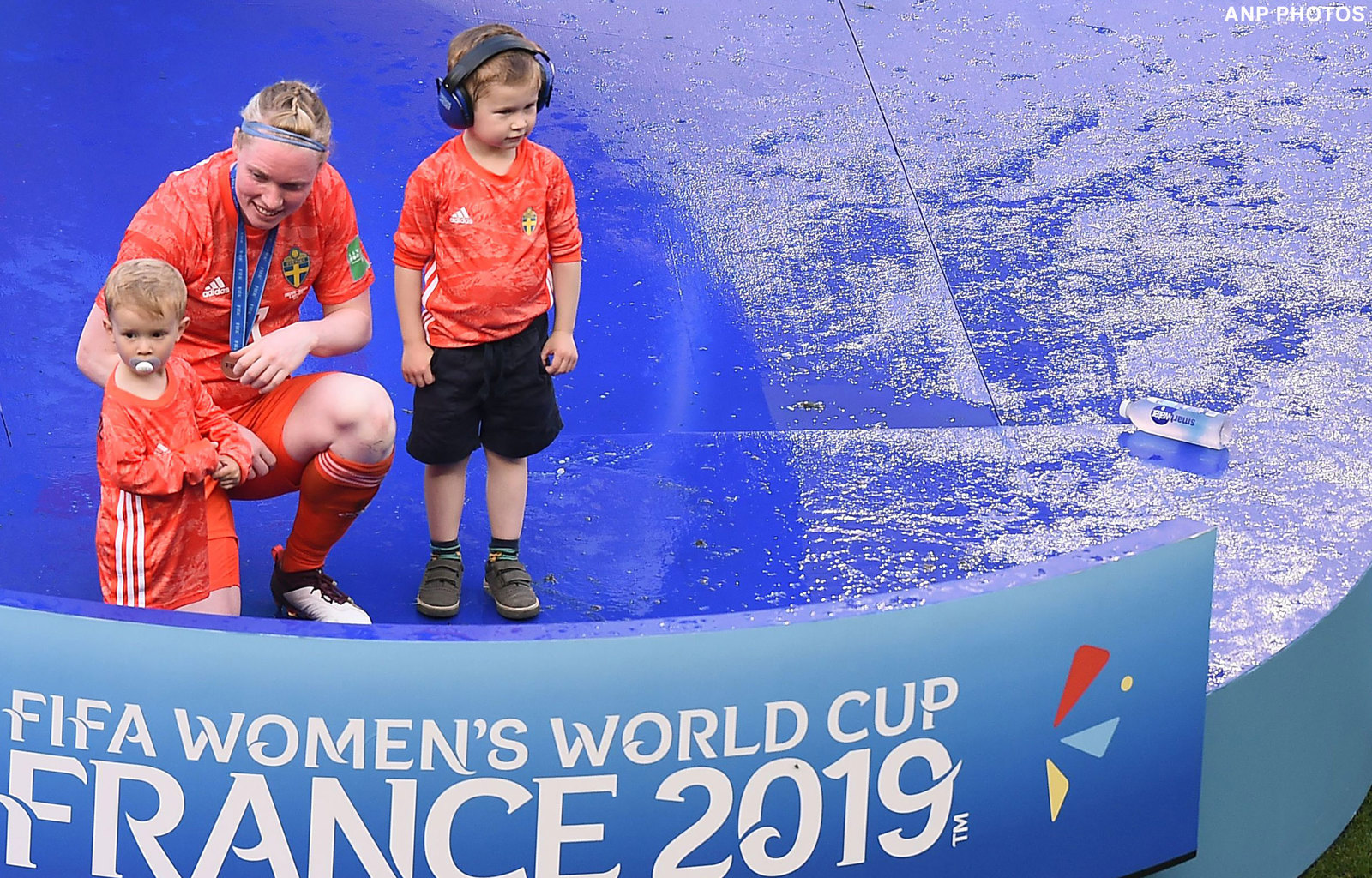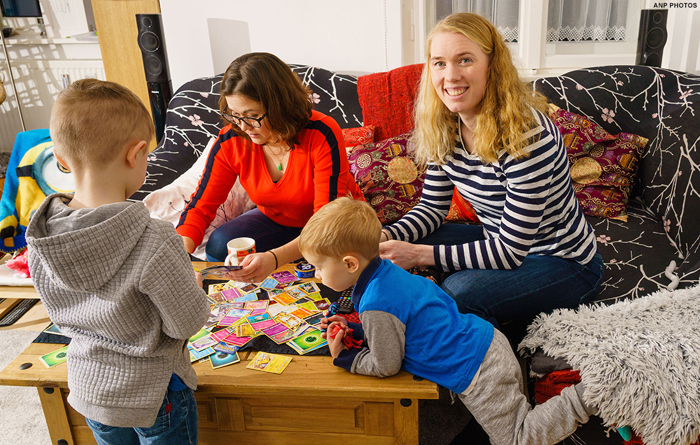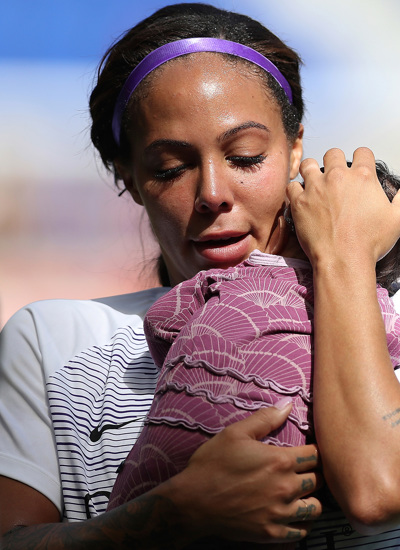
FIFPRO Senior Legal Counsel Alexandra Gómez Bruinewoud initiated the discussions with FIFA and other stakeholders about these regulations. She explains the background and the consequences of the new rules.
Why did FIFPRO ask FIFA to draw up regulations regarding maternity?
The main reason is that it is a player’s right, as a worker, to have the opportunity to have children, despite her job. Having that possibility implies support in many different ways.
Our research and our experiences taught us that too many female players are quitting their professional career early to have a child. FIFPRO’s 2017 Global Employment Report showed that players were quitting the game even before reaching their peak. They left because there was no legal protection in place for them, no standards and no acceptance of the fact that a player might wish to become a mother. Players knew that if they told their club that they were pregnant, they would probably lose their jobs. With astonishment, we still recall a player that lost a case in which the judge decided that the club was within its rights to unilaterally terminate the contract because the player was pregnant. This was considered to be an “unforeseeable circumstance”.
Moreover, it is detrimental to the development of the women’s game when talented players quit their careers prematurely. If we want to further the women’s game, then maternity protection must be guaranteed.
Parental leave should be legally protected, not only for professional female players but for male players as well; in fact, for any non-childbearing parent. Why should a footballer be playing a match while his or her partner is giving birth to their child?

What sort of protection will female players enjoy?
- The players are entitled to a fourteen-week maternity leave, including at least an eight-week leave after giving birth. The player may decide how she schedules these fourteen weeks herself. First and foremost, she needs this time to take care of the newborn baby. Furthermore, she needs to recover physically and mentally from giving birth. Only her personal doctor together with an independent doctor, designated in consensus with the club, can decide when she is fit to play again.
- Even if fit, the player may decide whether or not to continue to play during her pregnancy. If she cannot play, or wishes not to play, then the club, together with the player, has to formalise a plan for alternate employment.
- During maternity leave, the player is entitled to at least two thirds of her salary. This will be paid directly by the club, or by social security, or an insurance, or whatever method. The important thing is that it involves guaranteed income for the player. For this, the obligation lies with the club. This does not mean that if the law in the country or a Collective Bargaining Agreement grant a better protection for the player, that these would not apply. The same goes for a situation where a better protection is negotiated in the contract: then those terms will apply.
- The player will remain registered with her team. She may only be deregistered with her prior consent. Moreover, she should not have to worry about her registration for official competitions when she returns to the game.
- If a club terminates a contract with a player during her pregnancy or maternity leave, then the club is obliged to prove that the dismissal was unrelated to the pregnancy or maternity leave. If a club is unable to prove this, then the player is entitled to receive an extra compensation of 6 salaries, on top of the normal compensation granted in case of termination of a contract without just cause, as stated in the FIFA RSTP.
Does FIFPRO consider this to be sufficient protection?
The new regulations are an important and very solid first step. However, FIFPRO will be campaigning for more protection. We will continue to push until we see all aspects of our Parental Policy implemented. There is still a lot to do, but for the moment, we celebrate this major achievement for players and for football as a whole.
Top photo: Sweden national team player Hedvig Lindahl with her two sons during the 2019 World Cup (ANP Photos)
